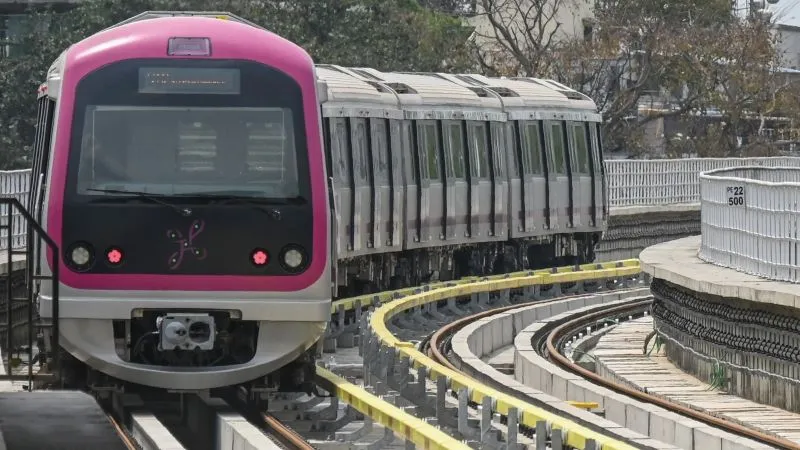Bengaluru Metro Slashes Fares by 30% Following Public Backlash
In response to widespread criticism over recent fare hikes, Bengaluru Metro has announced a significant fare reduction of up to 30%, effective immediately. The Bengaluru Metro Rail Corporation Limited (BMRCL) made this decision after reviewing public concerns and feedback regarding the steep increase in ticket prices.
Revised Fare Structure to Ease Commuter Burden
BMRCL Managing Director Maheshwar Rao confirmed that the fare revision aims to address concerns about abrupt price jumps at specific travel points. "We carefully considered commuter feedback and held multiple discussions with the board. Based on recommendations from the fare fixation committee, adjustments have been made to reduce the impact of excessive fare increases," Rao stated.
The revised pricing is expected to benefit a significant share of daily metro users, particularly those affected by the steepest price hikes. "These changes should offer relief to an estimated 30-45% of passengers who found the fare jump disproportionate," he added.
New Fare Structure Takes Effect Immediately
Rao also confirmed that the updated fares would be implemented from today, ensuring that commuters experience immediate relief. "The fare revision incorporates a reduction of up to 30%, effective from today," he assured.
Emphasizing passenger welfare, Rao reiterated that all fare adjustments are made with public interest in mind. "Our board operates with a collective approach, always prioritizing passenger convenience. The final decisions align with the fare fixation committee's recommendations," he explained.
Public Outrage and Metro Ridership Decline
The fare hike had triggered a major backlash among Bengaluru residents, leading to a surge of complaints on social media. Frustrated commuters even initiated a trending campaign, urging others to avoid using the metro.
Several passengers reported a visible dip in metro footfall, particularly during peak office hours. The reduced ridership was evident as Bengaluru Metro, which typically accommodates around 8.5 to 9 lakh daily passengers, recorded a drop of 20,000 to 30,000 commuters per day.
On February 11, Sunday, metro usage fell to 7.75 lakh passengers, with a slight recovery on February 12, Monday, when ridership reached 8.04 lakh—still significantly lower than usual figures.
Revenue Surge Despite Ridership Decline
While the fare hike initially led to reduced commuter numbers, it had a notable impact on revenue generation. Bengaluru Metro, which usually earned around Rs 2 crore per day, witnessed a sharp increase in earnings following the fare revision.
On February 9, daily revenue reached Rs 3 crore, compared to the standard Rs 2 crore. By February 12, earnings had nearly doubled, hitting Rs 3.91 crore. Over the past three days, metro revenues saw an increase of approximately Rs 1.5 crore, highlighting the financial impact of the fare adjustment.
With the latest fare reduction, BMRCL aims to strike a balance between maintaining ridership and ensuring financial sustainability. Commuters can now benefit from more affordable travel options while the metro continues to optimize its revenue model.

COMMENTS (0)
Sign in to join the conversation
LOGIN TO COMMENT